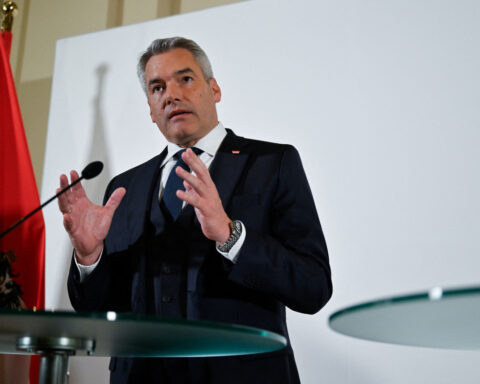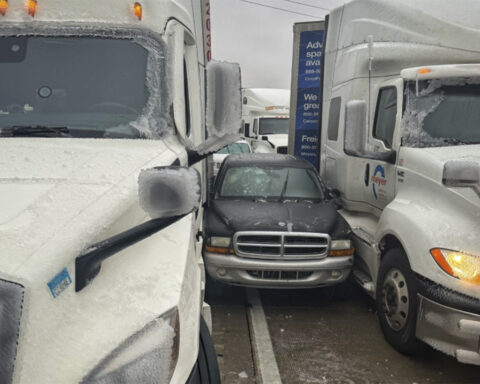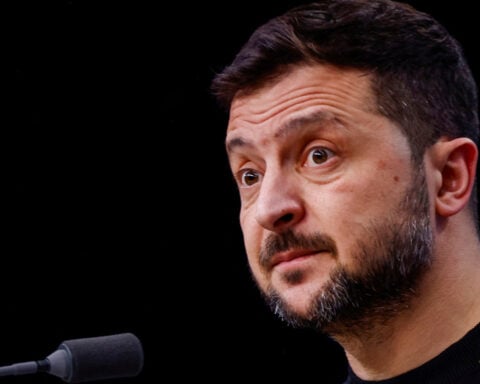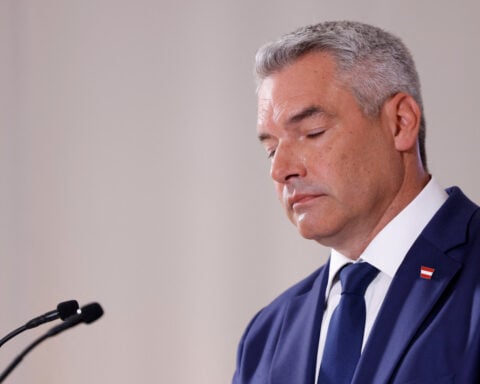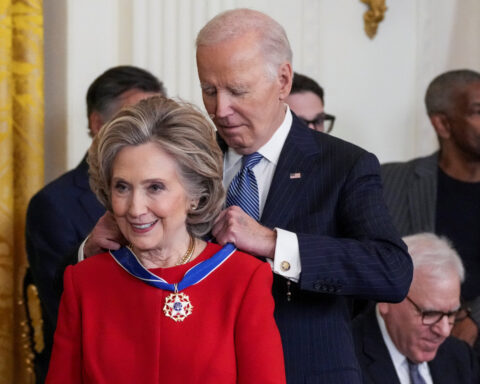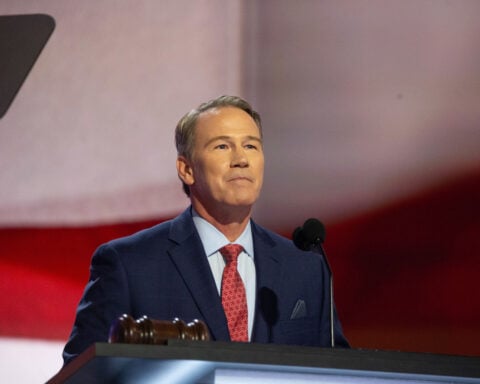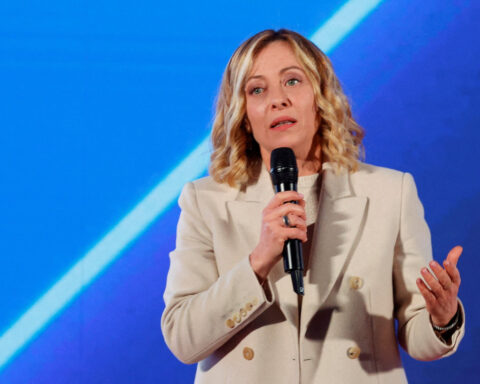California will soon allow cannabis dispensaries to serve food and host live entertainment, creating Amsterdam-style cannabis cafes across the state through legislation signed Monday by Gov. Gavin Newsom.
The new law, Assembly Bill 1775, permits cities to authorize dispensaries to prepare hot food, serve nonalcoholic beverages, and feature live performances like concerts and comedy shows beginning Jan. 1.
While some California dispensaries already allow smoking, vaping, and sampling of edibles, they have been restricted to selling prepackaged food and drinks. The law marks a shift toward a more integrated cannabis consumption model similar to Amsterdam's coffee shops, where cannabis use has been permitted since the 1970s.
Assemblymember Matt Haney, who authored the bill, said cannabis cafes will play a vital role in California's marijuana industry.
"Cannabis cafes are going to be a huge part of the future of cannabis in our state and help to beat back the illegal drug market," said Haney, a San Francisco Democrat.
The United Food and Commercial Workers union, representing employees at numerous California dispensaries and growing facilities, supported the legislation.
The bill faced opposition from health organizations, including the American Cancer Society, which urged Newsom to reject it. Jim Knox, California managing director for the American Cancer Society Cancer Action Network, warned the law could undermine decades of progress in creating smoke-free workplaces.
Knox said that when the law takes effect, Californians will be able to "Smoke in a restaurant for the first time in 30 years. That is a big step backward."
Knox disputed the effectiveness of ventilation requirements included in the law, which mandate systems capable of preventing smoke from spreading to other parts of buildings or neighboring properties.
"There is very well established science and industry knowledge that you cannot isolate smoke — it can't be done," Knox said. "The only way to prevent migration of smoke is to not allow smoking."
The legislation includes worker protection measures requiring employers to provide respirator masks upon request and incorporate secondhand smoke in workplace safety plans.
Newsom vetoed similar legislation last year due to health concerns about secondhand smoke exposure. In his signing message Monday, he emphasized the need for local governments to prioritize worker safety and minimize public health risks.
The governor warned that failure to implement proper safety measures "could necessitate reconsideration of this limited expansion." He also indicated he would not look favorably on future bills that deviate from the worker protection approach outlined in AB 1775.

 Another 75 Guatemalan soldiers arrive in Haiti to battle gangs
Another 75 Guatemalan soldiers arrive in Haiti to battle gangs
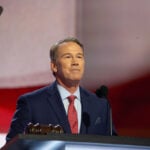 Ohio Lt. Gov. Jon Husted emerges as leading contender for JD Vance’s Senate seat
Ohio Lt. Gov. Jon Husted emerges as leading contender for JD Vance’s Senate seat
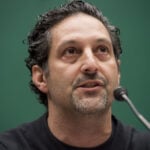 Amit Yoran, cybersecurity executive and entrepreneur, has died at 54
Amit Yoran, cybersecurity executive and entrepreneur, has died at 54
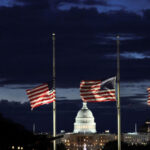 See Jimmy Carter's boyhood home as his funeral motorcade travels to Atlanta
See Jimmy Carter's boyhood home as his funeral motorcade travels to Atlanta
 Italian PM Meloni flying to US to meet Trump, Italian media report
Italian PM Meloni flying to US to meet Trump, Italian media report
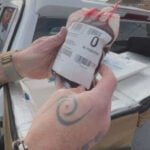 Health centers in Colorado to use war medical tactic to help save lives
Health centers in Colorado to use war medical tactic to help save lives
 Austrian Chancellor Nehammer says he will resign after talks on forming a new government fail
Austrian Chancellor Nehammer says he will resign after talks on forming a new government fail
 Biden awards Presidential Medal of Freedom to Hillary Clinton, Michael J. Fox, Denzel Washington
Biden awards Presidential Medal of Freedom to Hillary Clinton, Michael J. Fox, Denzel Washington
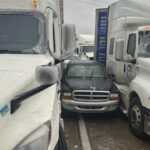 Chiefs finally depart KC for Denver amid ice storm after 4 hours spent waiting on the tarmac
Chiefs finally depart KC for Denver amid ice storm after 4 hours spent waiting on the tarmac
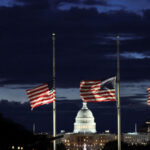 Jimmy Carter’s son says goodbye to dad
Jimmy Carter’s son says goodbye to dad
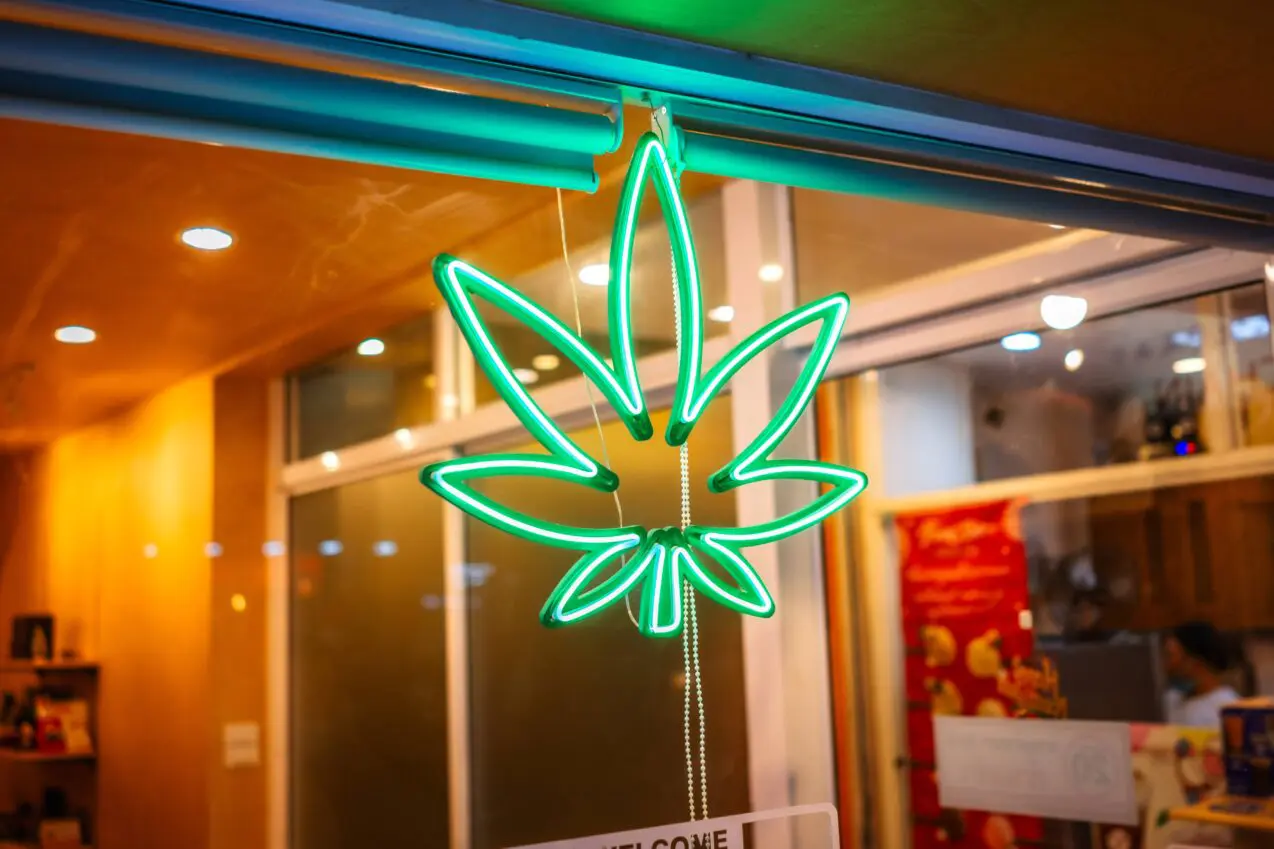 New California law allows cannabis cafes to serve food and host entertainment, transforming dispensaries into Amsterdam-style establishments.
New California law allows cannabis cafes to serve food and host entertainment, transforming dispensaries into Amsterdam-style establishments.
